The topic “Eating For Energy And Easy Digestion: Try This 7-Day Meal Plan Without Sugar” is a seven-day meal plan that aims to improve energy levels and digestion through the elimination of added sugars. This meal plan contains breakfast, lunch and dinner options as well as snack choices for each day. The plan also stresses the health benefits of a sugar-free diet, including weight loss and better overall health. This plan is simple and easy to follow with a focus on whole, nutritious food. The meal plan is a part of the no-sugar-challenge that encourages mindful consumption and provides tips to maintain a sugar-free life after seven days.
Day 1
- Breakfast : Smoothie Bowl with banana, spinach, berries, almonds milk, protein powder and chia seed for fiber.
- Lunch: Lentil Soup with Whole-Wheat Bread for Protein and Fiber. For extra nutrition, add chopped vegetables.
- Dinner: quinoa, roasted Brussels sprouts, and baked salmon. If desired, swap quinoa with brown rice.
- Snacks – Apple slices with almond Butter, cucumber slices hummus. For variety, try experimenting with different nut butters or vegetable combinations.
Day 2
- Breakfast: Eggs scrambled with mushrooms and spinach on whole-wheat bread with avocado.
For lunch, A black bean burger with lettuce, tomato and onion on a whole wheat bun.
For dinner, try a stir-fry of chicken with brown rice.
Snacks Edamame, mixed nuts and dried fruit with a hint of sweetness. Choose unsalted nuts to reduce sodium intake.
Day 3
- Breakfast : Overnight Oats with Chia Seeds, Berries, and Cinnamon. Use unsweetened milk to add calcium.
- Lunch Quinoa Salad with Chickpeas and chopped Vegetables. Dressed in a light vinaigrette. You can adjust the vegetables and dressing to your liking.
- Dinner – Vegetarian Chili with Black Beans, Kidney Beans, Corn, and Vegetables. For extra vitamins and minerals, add chopped greens such as kale.
- Snacks : Greek Yogurt with Berries and Granola or cucumber slices with Cottage Cheese for a protein boost.
Day 4
Breakfast Whole wheat pancakes with berries drizzled in maple syrup. Replace the sugar with applesauce to add sweetness.
For lunch, choose quinoa or leftover lentil soup.
For dinner, try shrimp scampi served with whole-wheat spaghetti and steamed brocolli. Choose brown rice pasta to add fiber.
Snacks include carrot sticks and guacamole, or apple slices with nut-butter. Try different flavors of nut butter and try making your own guacamole.
Day 5
Breakfast: chia pudding with almondmilk, berries and chia seed.
For a quick, satisfying lunch or dinner, top with hemp seeds.
Baked Chicken Breast with Roasted Sweet Potatoes and Asparagus.
For a tasty chicken, season it with herbs and spices. To reduce sugar, choose plain yogurt with a small amount of granola.
Day 6
- Breakfast – Eggs Benedict made with avocado, whole wheat English muffins, Canadian bacon and hollandaise.
- Lunch: Chicken Caesar Salad with grilled chicken and romaine lettuce. Parmesan cheese is also added. Choose a homemade Caesar dressing that is low in sodium and oil.
- Dinner: Roasted Brussels sprouts with baked salmon. You can substitute quinoa for brown rice or any other whole grain.
- Snacks : Greek Yogurt with mixed nuts and fruit. Select unsweetened yogurt to control the amount of nuts.
Day 7
- Breakfast: Smoothie Bowl with spinach, mango, pineapple, protein powder, coconut milk and flaxseeds to provide omega-3s.
- Lunch – Turkey, vegetable and whole wheat tortilla wrap with hummus. Try different spreads and fillings to suit your taste.
- Dinner: Lentil Soup with Whole-Wheat Bread or a Side Salad. You can use leftovers or try out a new variation of soup.
- Snacks : Berries with chia seed for sustained energy, or sliced bell peppers and guacamole.
Health Benefits from a No Sugar Diet Plan
Sugar is an important source of empty calories and too much sugar can cause weight gain. You can lose weight by reducing or eliminating added sugars from your diet.
Better blood sugar control: Sugar spikes can lead to blood sugar crashes, which are especially dangerous for those with diabetes and prediabetes. Sugar-free diets can improve insulin sensitivity and stabilize blood sugar levels.
Reduced heart disease risk: A high sugar intake can increase the risk of heart disease. No-sugar eating can lower cholesterol, reduce inflammation and improve blood pressure. All of these can lower the risk of heart disease.
Better dental health: Tooth decay is caused by sugar. Sugar can cause cavities and other dental issues.
Higher energy levels: Sugar is a cause of energy crashes. Whole, unprocessed food provides sustained energy. You can feel more energetic throughout the day by avoiding sugar.
Better mood and better brain function: sugar can cause mood swings and mental fog. Sugar can contribute to mood swings and brain fog.
Reduced Risk of Certain Cancers: Several studies have found that sugar consumption may increase the risk of cancer. This risk can be reduced by a no-sugar lifestyle.
Not all sugars are created equal. Sugars added to processed foods, drinks, and fruits are not the same as natural sugars. Natural sugars can be consumed in small amounts, but added sugars need to be avoided.
To conclude, eating foods that promote energy and digestion is not just about following dietary trends. It’s also about building a foundation of health from the inside. Choose nutrient-rich food that will fuel your body effectively and promote gut health. You’ll reap a host of benefits from improved mood and energy to reduced stress and better sleep. It’s not about the destination, but rather the journey. Enjoy the journey of discovery as you experiment, explore and discover what works for you.

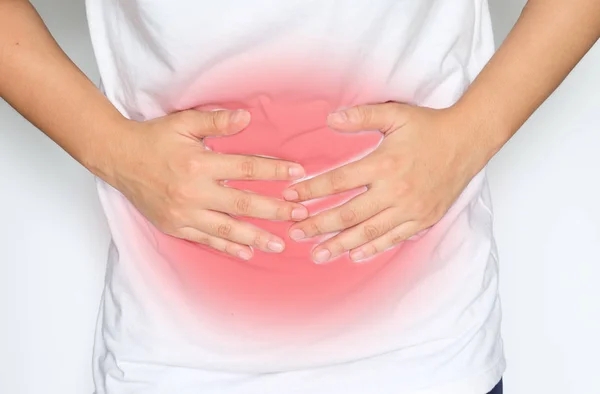
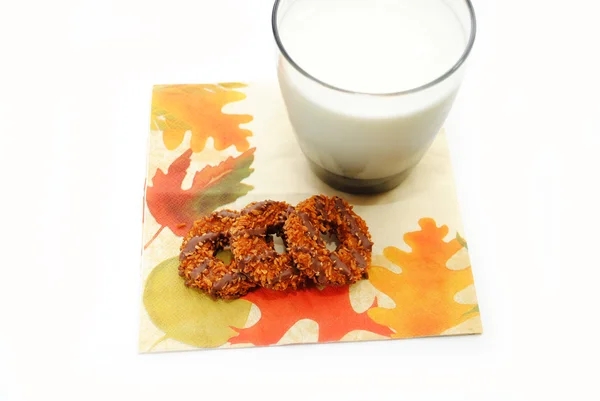
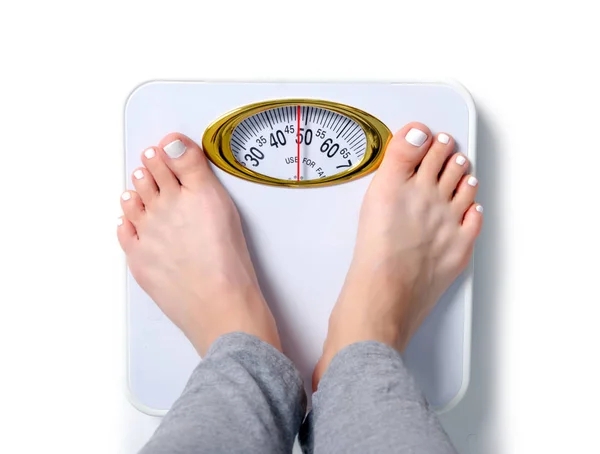
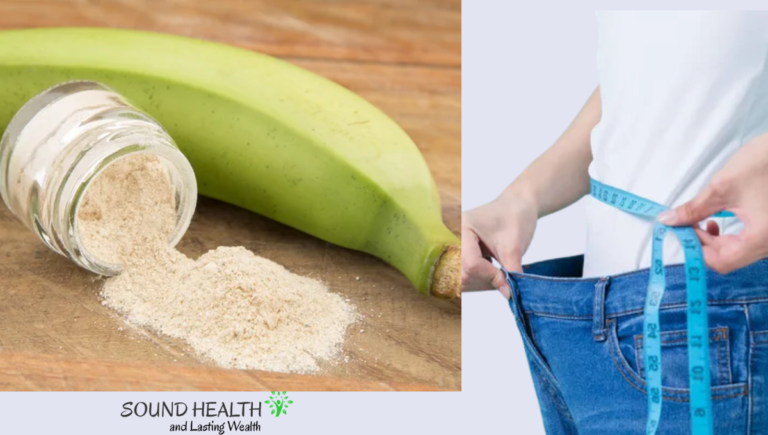

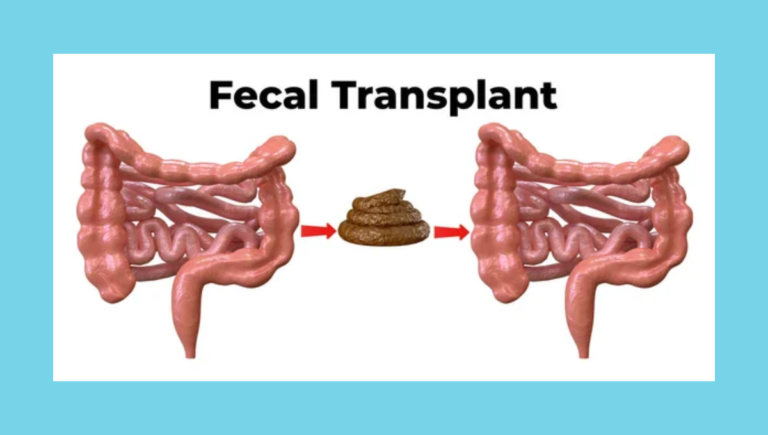


+ There are no comments
Add yours